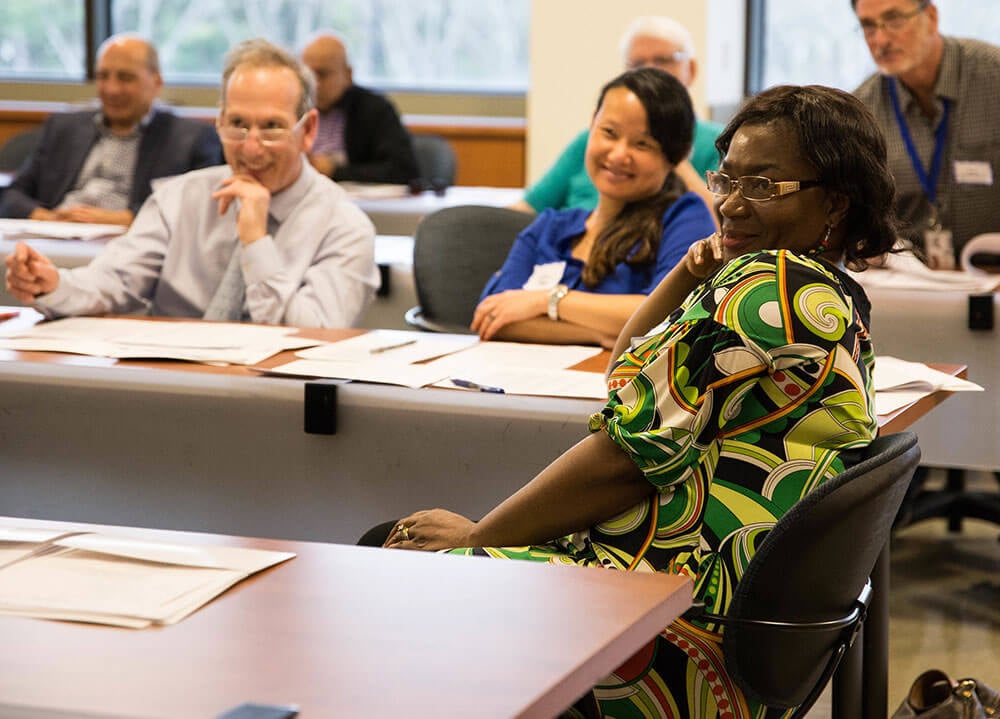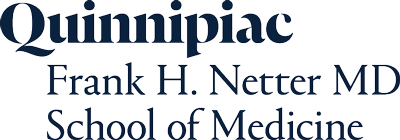Algiraigri AH. Ten tips for receiving feedback effectively in clinical practice. Med Educ Online. 2014 Jul 28;19:25141.
Archer JC. State of the science in health professional education: effective feedback. Med Educ. 2010;44:101-8. Blackboard access only
Burgess, A., van Diggele, C., Roberts, C. et al. Feedback in the clinical setting. BMC Med Educ 20, 460 (2020). https://doi.org/10.1186/s12909-020-02280-5
Ende J. Feedback in clinical medical education. JAMA. 1983;250:777-81. Blackboard access only
Hewson M, Little M. Giving feedback in medical education: verification of recommended techniques. J Gen Intern Med 1998;13:111-6.
Jamtvedt G, Young JM, Kristoffersen DT, O’Brien MA, Oxman AD. Audit and feedback: effects on professional practice and health care outcomes. Cochrane Database Syst Rev; 2006; Issue 1. Art. No.: CD000259. doi: 10.1002 ⁄ 14651858.CD000259.pub2. Blackboard access only
Kogan JR, Conforti LN, Bernabeo EC, Durning SJ, Hauer KE, Homboe ES. Faculty staff perceptions of feedback to residents after direct observation of clinical skills. Med Educ 2012;46:201-15. Blackboard access only
Long S, et al. Factors affecting perceived credibility of assessment in medical education: A scoping review. Adv Health Sci Educ Theory Pract. 2021 Sep 27. doi: 10.1007/s10459-021-10071-w. Epub ahead of print. PMID: 34570298. Blackboard access only
Meriwether KV, Petruska SB, Seed WN, Gaskins JT, Stewart JR. Factors Associated with Quality and Adequacy of Medical Student Feedback on Core Obstetrics and Gynecology Clerkships from the Student and Clerkship Director Perspective: Secondary Analyses of a Prospective Cohort Study. J Surg Educ. 2020 Sep-Oct;77(5):1121-1131. Blackboard access only
Moss HA, Derman PB, Clement RC. Medical student perspective: working toward specific and actionable clinical clerkship feedback. Med Teach. 2012;34(8):665-7. Blackboard access only
Perera J., et al. Formative feedback to students: the mismatch between faculty perceptions and student expectations. Med Teach. 2008;30(4):395-9. Blackboard access only
Ramani S, Krackov SK. Twelve tips for giving feedback effectively in the clinical environment. Med Teach. 2012;34(10):787-91. Blackboard access only
Schopper H, Rosenbaum M, Axelson R. 'I wish someone watched me interview:' medical student insight into observation and feedback as a method for teaching communication skills during the clinical years. BMC Med Educ. 2016 Nov 9;16(1):286.
Veloski J, Boex JR, Grasberger MJ, Evans A, Wolfson DB. Systematic review of the literature on assessment, feedback and physicians’ clinical performance. Med Teach 2006;28 (2):117–28. Blackboard access only

